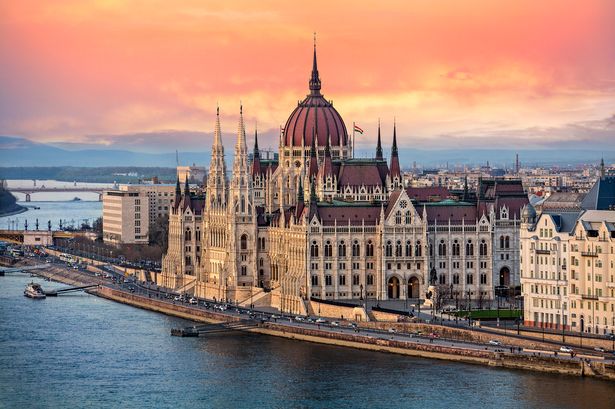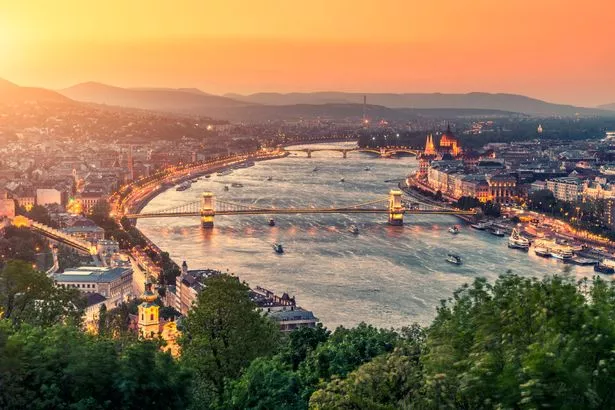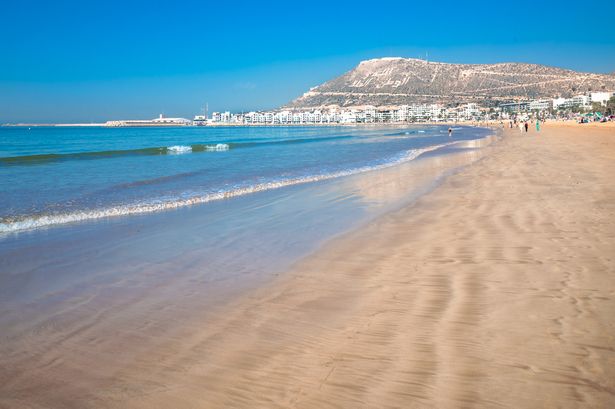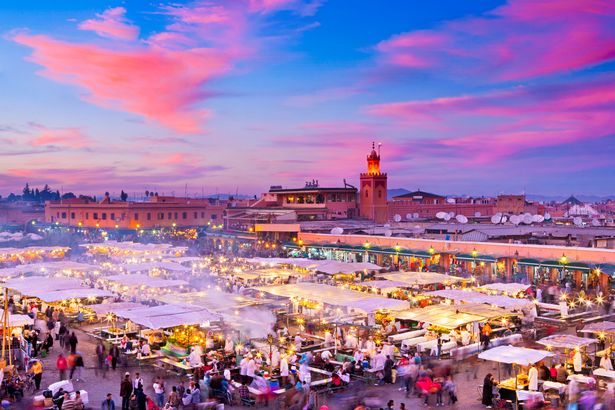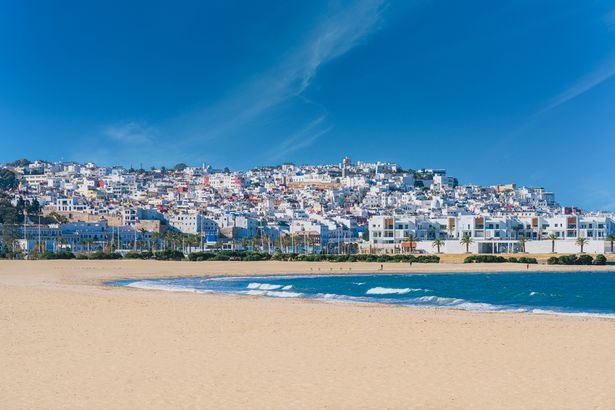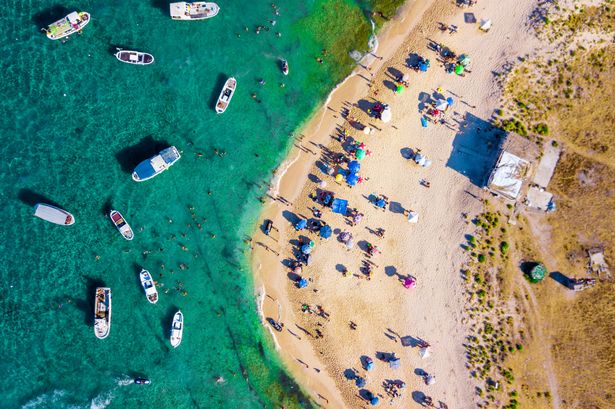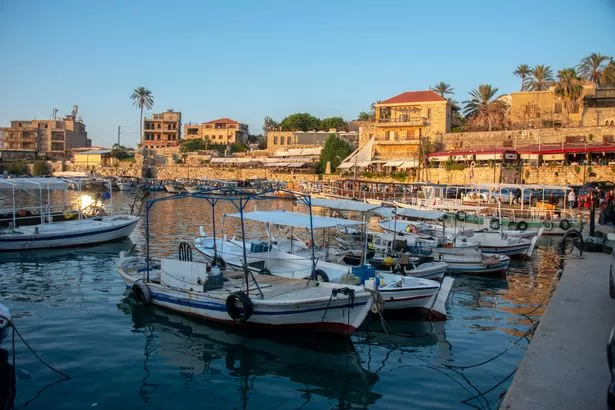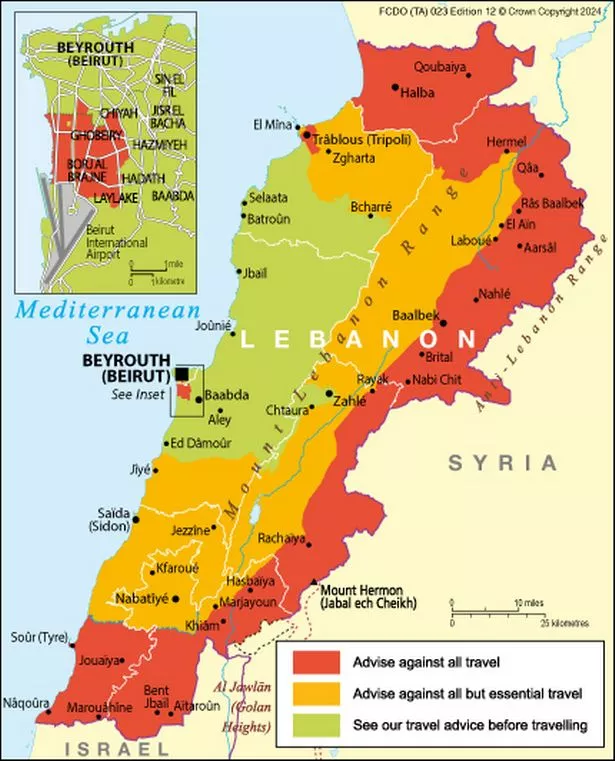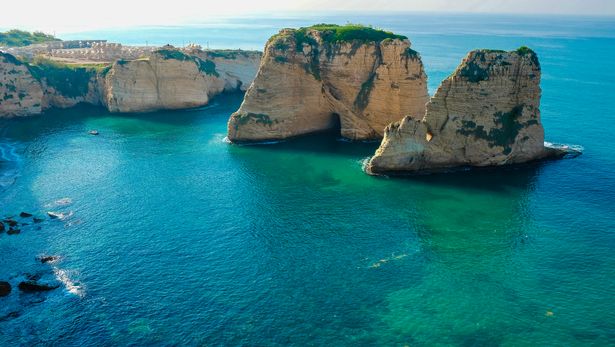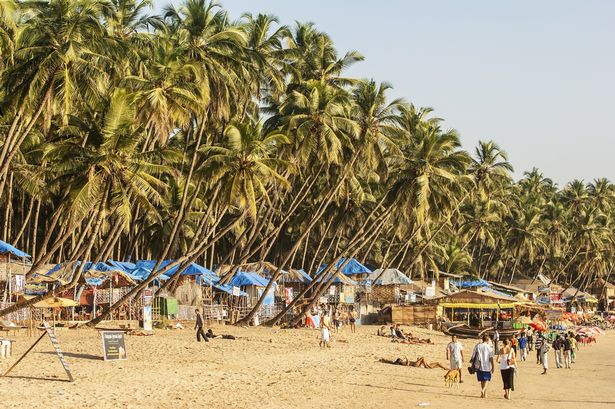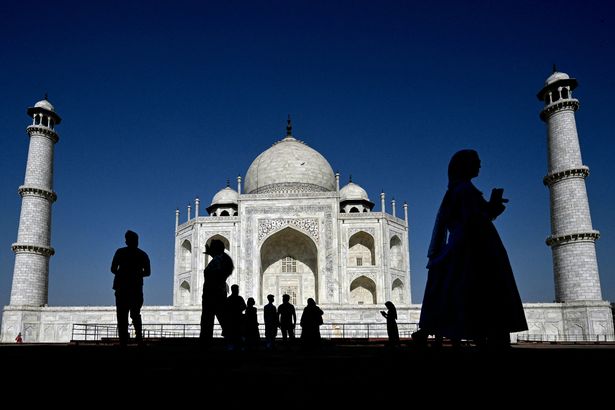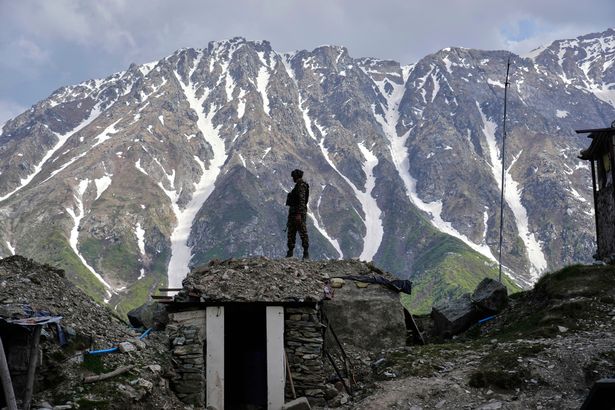Despite witnessing soaring visitor numbers in recent years, a ‘beautiful’ European hotspot has been stung with an FCDO warning following its dystopian political direction
Brits have been warned about travelling to an increasingly popular European hotspot, following concerning new legislation. Last year, a whopping 8.7 million international tourists flocked to Hungary – lured in by the country’s dark history, stunning architecture, and cheap booze.
Many holidaymakers will have headed straight to Budapest, Hungary’s capital, renowned for its huge thermal spas, underground bars, and plethora of cultural attractions (including the only McDonald’s in the world that transforms itself into a nightclub). Here, you’ll find the fairy-tale complex of Fisherman’s Bastion, the spectacular St Stephen’s Basilica, and the powerful Shoes on the Danube Bank memorial.
READ MORE: Huge victory for Brits as Spanish hotel bosses hit back at anti-tourist attacks
Acclaimed for its low-cost food and beverages, Hungary has become increasingly popular amongst Brits with a slew of major UK airports flying directly to the country – including Bristol, Edinburgh, Birmingham, Glasgow, Liverpool, London Heathrow, Gatwick and Stansted.
However, on Thursday, July 17, the Foreign, Commonwealth and Development Office updated its advice for LGBT+ travellers, under its ‘safety and security’ page. The warning comes after tens of thousands defied Hungary’s dystopian ban on Pride – spearheaded by Prime Minister Viktor Orbán’s swiftly implemented law that makes it an offence to hold or attend events that involve the ‘depiction or promotion’ of homosexuality to minors.
While same-sex sexual activity is legal, and Budapest is known for its openness and liberal tolerance – showing affection in public outside the capital could result in ‘unwanted attention’. “Hungary has passed legislation allowing the banning of rallies and marches that depict or promote LGBT+ identities to minors,” the FCDO states.
“Participants could be identified by facial recognition technology and face fines of up to 200,000 Hungarian Forints (approximately £433.71). The Hungarian government classified Budapest Pride 2025 as illegal under this legislation.”
While the Pride event has officially ended, Brits travelling to Budapest over the summer period should be aware of changing attitudes towards LGBT+ people, and the risk that public affection may garner outside of the tourist-riddled capital.
The FCDO also warns that tourists in Hungary can often be targets for ‘petty crime’, including bag-snatching and pickpocketing. This is more likely to occur in busy places like on public transport, in train stations, at markets, or bustling attractions.
“Some bars, clubs and restaurants might charge high amounts for food and drink,” the body added. “Tourists have been taken to cashpoints with demands for the money to pay the bill. Always ask to see the menu and price list before ordering food and check your bill carefully before paying.”
There have also been reports of drinks being spiked, particularly in Budapest’s bars. Travellers are therefore advised to always buy their own alcoholic drinks and make sure to ‘keep sight of them’ at all times.
Has Hungary’s LGBT+ crackdown put you off visiting? Email [email protected] for a chance to share your story
